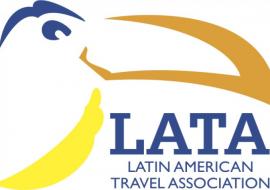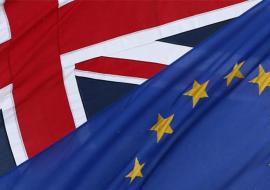U.S. Granting European Allies Extra Year on New Passports Hailed as Step in the Right Direction
Washington retreated from its demand that close allies, including many European countries, begin to issue new high-tech passports from the end of October onward.
But there was confusion about whether French and Italian citizens could still be singled out as requiring visas to enter the US.
It follows lobbying by the US travel industry, which feared losing billions of dollars if visitors were put off. The European Union had also warned that countries needed another year to finish the documents, which are part of "anti-terror" drives.
The US had threatened to demand visas from new passport holders if the countries did not start issuing the passports from October 26.
But after meetings in Brussels with European officials, Alberto Gonzales, US attorney-general, announced Washington´s new requirements and a one-year delay.
Passports issued from October 26 will have to contain digital photographs printed in the documents. Almost all European visa-waiver countries already have these.
Of the 15 visa-free EU nations, only Italy and France do not meet that requirement, issuing instead passports containing laminated photographs considered more vulnerable to tampering.
Mr. Gonzales said the cases of France and Italy had been "addressed and resolved". But Washington would not confirm on Wednesday that they would be guaranteed visa-free access after October. "We are going to be assessing where each country is in implementing these biometric requirements over the next few months," said a senior official at the Department of Homeland Security.
Washington has for more than two years insisted visa-free countries begin introducing biometric passports to prevent terrorists using fakes. The passports will include digital photographs and personal data embedded on an electronic chip. The US has issued passports with digital photographs since 1998, but is not yet producing biometric passports.














